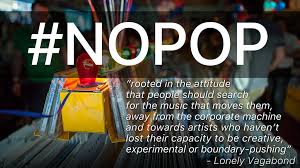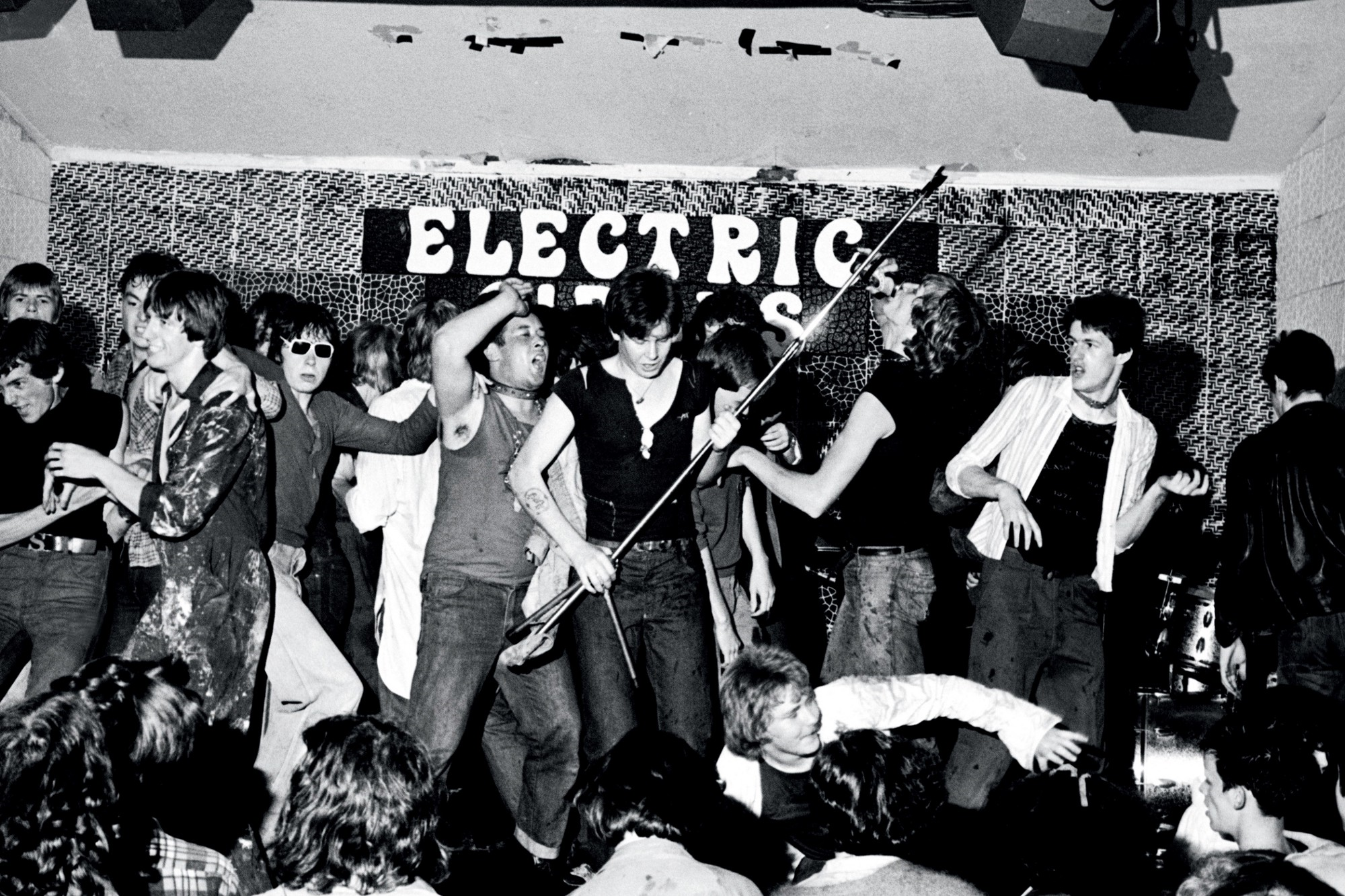Punkers at the Gates of Dawn: Pink Floyd and Their Influence on Punk and Today’s Indie Rock
Acccording to legend, Johnny Lydon was picked off the street to be the singer for his new band, the Sex Pistols, because young Johnny was wearing a “I Hate Pink Floyd” t-shirt. That along is enough to credit Pink Floyd with having an immeasurable (albeit extremely indirect) influence on punk and all that came after.
For years, Pink Floyd was the antithesis of punk and post-punk: virtuoso prog-rock millionaires who were completely out of touch with what was happening on the street. Punk was a reaction to Pink Floyd, not just for what they represented but by the way the band betrayed their early psych fans by going all corporate. Or so the thinking was.
But that was then. If we’re honest, Pink Floyd has been pretty important to creating the DNA of today’s indie music. Would the Flaming Lips exist without Floyd? What about Jane’s Additction? (Think carefully before answering). Godspeed You! Black Emperor certainly wouldn’t. Neither would Nine Inch Nails.
So how di this switch come about? Pitchfork takes a look.
Among fans of punk and its myriad subgenre offshoots (post-punk, goth, industrial, indie rock, etc.), it’s been customary to lionize the Syd Barrett end of the Floyd canon while writing off the band’s subsequent, star-making output as pretentious pap. But where Barrett has served as a constant figurehead for eccentric rock acts over the past 40 years—from the Soft Boys and Jesus and Mary Chain, to Neutral Milk Hotel and MGMT—the influence of ‘70s-era Floyd has been absorbed into the underground at a much slower rate, and yet has manifested itself in more surprising ways. With remaining members Gilmour and Mason releasing a new (and by all accounts final) Pink Floyd album, The Endless River, this week here’s a chronological look at some of the key artists who, over the past four decades, have helped promote the post-Barrett Floyd from punk-loathed pariahs to alt-rock patriarchs.



